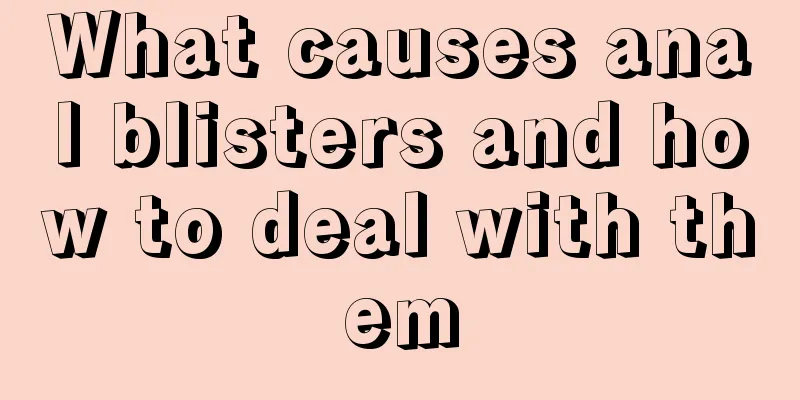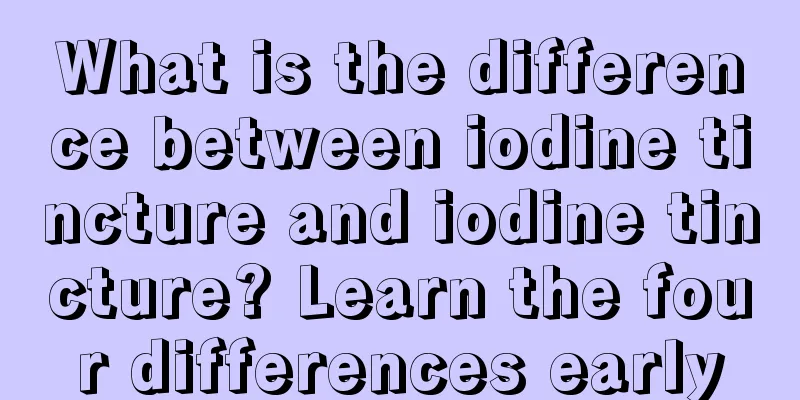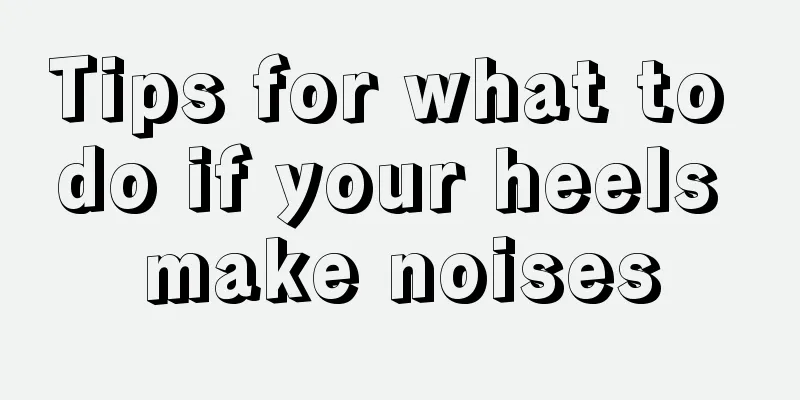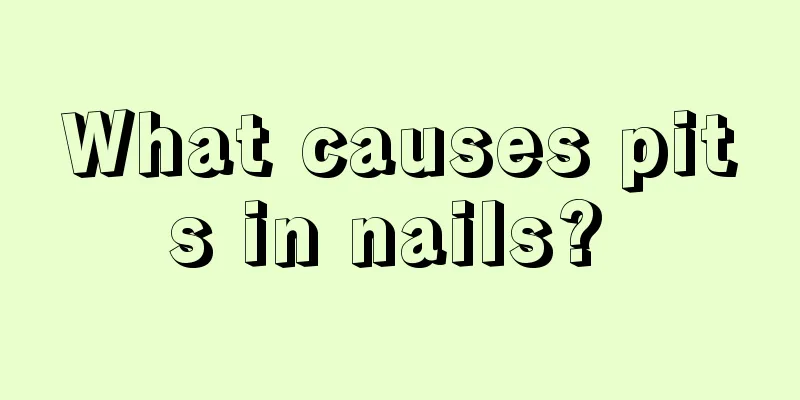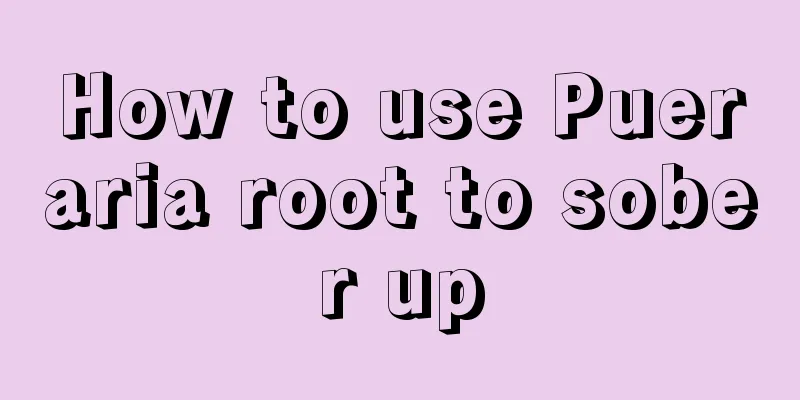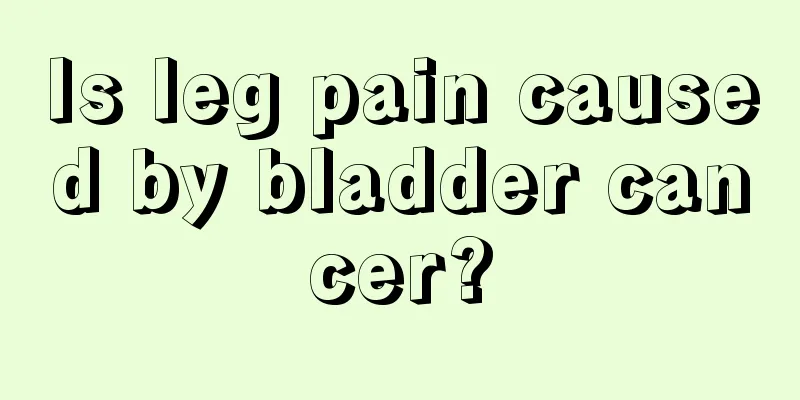How to use mouthwash
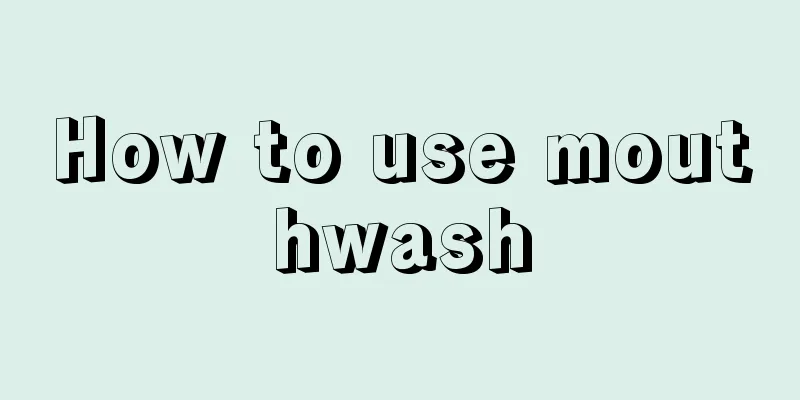
|
Mouthwash is very simple to use and can effectively remove bacteria in the mouth. Because it is very convenient and easy to use, it is also very popular. There are many types of mouthwashes sold on the market. Some mouthwashes have health-care effects, while others have the effect of treating oral diseases. You may wish to learn more about the usage of mouthwash, which will also be beneficial to oral health. Mouthwash has become more and more popular. Many people are afraid that they will develop oral diseases in the future, so they pay great attention to prevention and often use mouthwash. Mouthwash is sold in hospitals and supermarkets. We need to know about the usage of mouthwash and understand the correct way to use mouthwash. How to use mouthwash correctly? After choosing the right mouthwash, it is also important to master the correct mouthwash method. The effectiveness of gargling is related to the duration, strength and frequency of gargling. The best time to rinse your mouth is right after eating, because this will effectively rinse food debris off the surface of the teeth or between the teeth, reduce the bacteria in the mouth, and weaken the growth and reproduction of bacteria. In addition, after brushing your teeth in the morning and evening, you should first use dental floss to clean thoroughly, and then use mouthwash. If you cannot tolerate the overly irritating taste of mouthwash, it is recommended to dilute it in a 1:1 ratio before use. When using mouthwash, you should rinse your mouth with clean water first. The method is: hold the clean water in your mouth, puff up your cheeks so that the clean water can fully contact the teeth and gums in the mouth, and use the water force to repeatedly rinse various parts of the mouth to remove as much food residue as possible in the mouth. Then, add about 10 ml of mouthwash and rinse your mouth for another minute using the above method. Do not rinse your mouth with clean water after rinsing. Precautions when using mouthwash 1. Improper use, be careful of side effects Whether it is a health-care or therapeutic mouthwash, it is not suitable to be used every day like toothpaste. In particular, therapeutic mouthwash should be used with caution to avoid causing oral flora imbalance or other side effects. The most serious side effect is an allergic reaction, but this is extremely rare and mainly occurs in people with highly sensitive constitutions. The more common side effects are yellowing of teeth and changes in taste due to long-term use of mouthwash. The mouthwashes that can cause this type of side effect are mainly products containing chlorhexidine. Chlorhexidine is currently proven to be one of the most effective antiplaque preparations. It is a broad-spectrum antibiotic with strong bactericidal power and low irritation. It can be adsorbed on the surface of tooth enamel, oral mucosa and dental plaque and released slowly, which can effectively alleviate the symptoms of gingivitis. It is this adsorption effect that can easily stain the surface of teeth and mucous membranes and reduce the taste buds, so it is not suitable for long-term use. 2. Rinsing your mouth is not a substitute for brushing your teeth In order to save time, some people simply give up brushing their teeth and only rinse their mouths with mouthwash. This practice is incorrect. Although gargling can remove food debris and some soft plaque in the mouth, it is far less thorough than brushing your teeth. The main purpose of brushing teeth is to remove dental plaque attached to the surface of teeth. In this process, the most important role is played by the physical friction of the toothbrush. Mouthwash does not have this effect and therefore cannot completely remove dental plaque. Despite some advertisements, second-generation mouthwashes contain ingredients that inhibit plaque formation and can work for a long time in the mouth. However, experts say that people secrete saliva continuously, and the ingredients in mouthwash that inhibit dental plaque are constantly diluted. Therefore, mouthwash does not play a big role and can never replace brushing teeth. 3. Use with caution in children Especially for young children who cannot control the swallowing action, accidentally swallowing mouthwash can be dangerous. It is very important for us to understand the usage of mouthwash. Oral diseases are very common nowadays. What we usually call bad breath is actually a manifestation of gingivitis, unhealthy periodontal disease, and bacteria in the mouth. We must master the correct method when brushing our teeth, brush for a while more, and use mouthwash at the same time to effectively prevent and treat oral diseases. |
<<: Cooking porridge in a rice cooker
Recommend
What to do if your buttocks sag, how to exercise
Everyone loves beauty. Some friends find that the...
What does scattered dot-like calcification mean
Scattered point-like calcification is a result of...
Camellia essential oil and the efficacy and function of essential oil
Maybe many people have no idea about camellia ess...
What to do if you have nosebleeds due to liver cancer? Pay attention to these points
After getting cancer, many patients will become d...
The most common symptoms of laryngeal cancer
There are many diseases in the throat area, and l...
What should I do if I keep blinking when wearing contact lenses
Some people may not know what cosmetic contact le...
Is asthma cough contagious?
Asthma is a relatively serious disease. This dise...
Beer and floral water to remove sweat hair
When summer comes, many people will wear very coo...
I always fart after drinking Chinese medicine to replenish qi and blood
Farting is an automatic behavior that the human b...
The difference between Thousand Layer Tripe and Tripe
Many friends love to eat beef tripe. Whether it i...
How to massage the face for facial paralysis
When people are tired, they always ask their fami...
How many methods of ligation are there now?
In the life of both sexes, contraception is alway...
What is the reason for the black spots on the body
Sometimes when I look in the mirror I don’t know ...
What herbal medicines can I take to treat nasopharyngeal cancer
In fact, we are all very afraid and terrified of ...
Which is better, white tea or green tea?
White tea and green tea are both popular teas, an...
